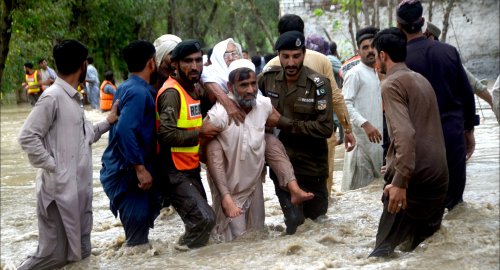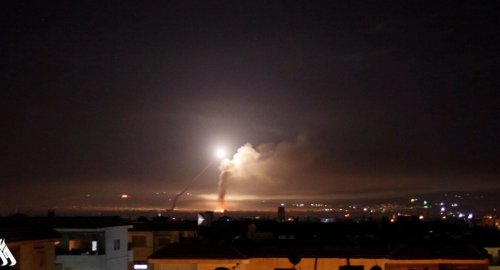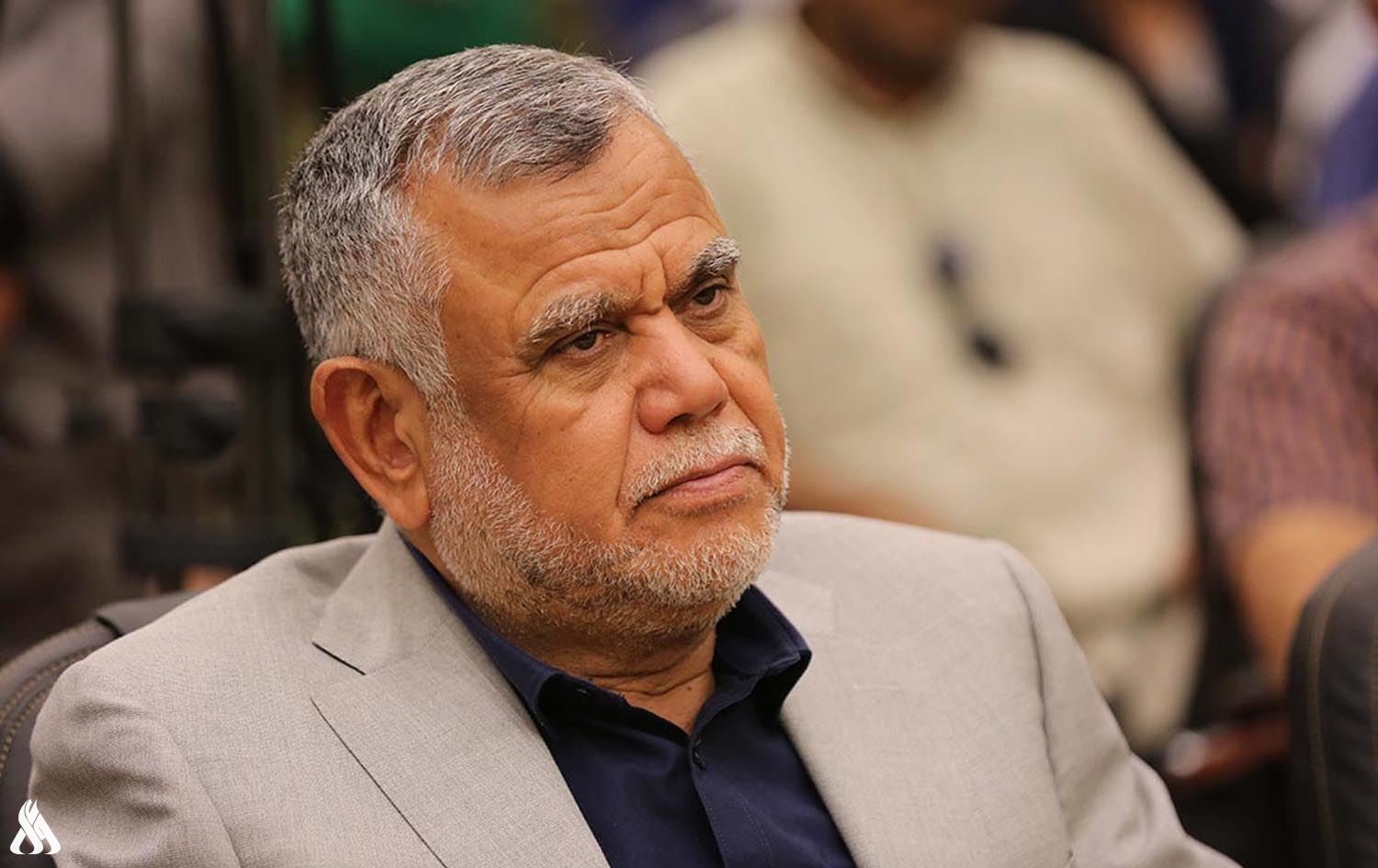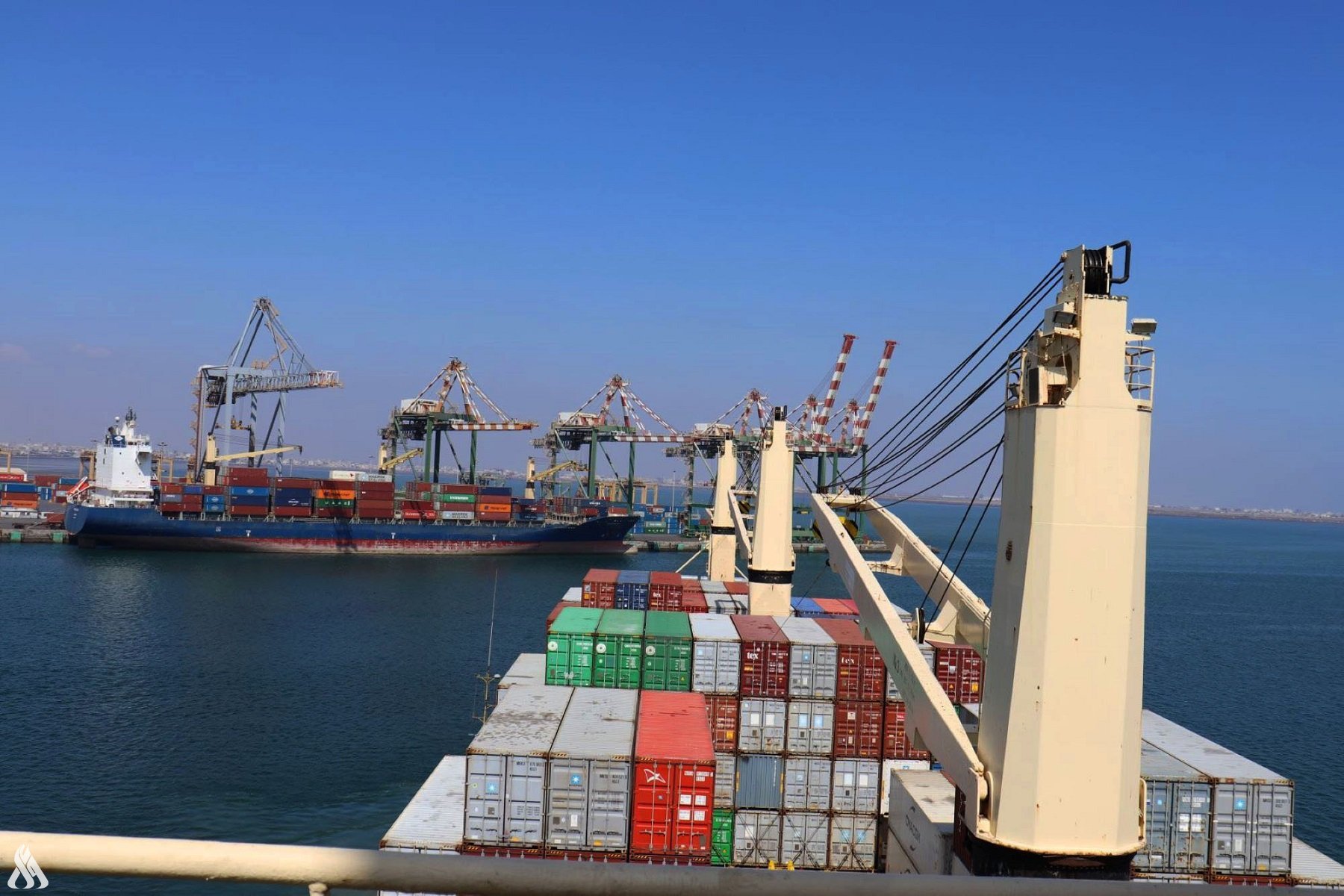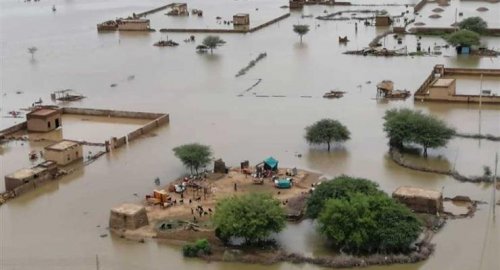
Nearly 2 million people stranded as second wave of devastating floods hits Bangladesh in less than a month

- 23-06-2024, 16:55
INA- SOURCES
Extensive flooding has stranded about 1.8 million people in northeast Bangladesh, following weeks of heavy rains that have submerged homes and devastated farmland, according to state media and humanitarian agencies.
Video shows large swathes of Sylhet city and the nearby town of Sunamganj underwater in the second wave of flooding to hit the region in less than a month, state-run news agency Bangladesh Sangbad Sangstha (BSS) reported Saturday.
The widespread flooding was triggered by prolonged torrential rain and water runoff from the hilly regions upstream on the border with India, which caused four rivers to swell beyond their danger marks, the Water Development Board said last week, according to local media.
Villagers in the hardest-hit low-lying areas of Sylhet could be seen wading through chest-deep water and heaping their belongings into piles to protect them from the muddy waters.
There is concern for those trapped by floodwaters who now face food shortages and a lack of clean water, according to local media.
About 964,000 people in Sylhet and 792,000 in Sunamganj had been affected by the flooding and authorities said they had set up more than 6,000 shelters to help the displaced, BSS reported.
Among them are 772,000 children who were in urgent need of assistance, the United Nations’ Children’s Fund (UNICEF) said Friday. More than 800 schools had been flooded with 500 more used as flood shelters, the agency said.
“As waters rise, children are the most vulnerable, facing heightened risks of drowning, malnutrition, deadly waterborne diseases, the trauma of displacement, and potential abuse in overpopulated shelters,” Sheldon Yett, UNICEF Representative to Bangladesh, said in a statement.
Khondoker Golam Tawhid, program head of BRAC’s Disaster Risk Management Program said flooding in the country is “becoming more dangerous” with “huge losses to livelihoods, biodiversity and infrastructure — and interruption to schooling and health services.”
“Bangladesh is used to flooding, but climate change is making floods more intense and less predictable, making it impossible for families to stay safe, let alone plan ahead,” Tawhid said.
Meanwhile, fish farmers have faced significant losses as floodwaters wash away thousands of farms and ponds, with local media reporting an economic toll of over $11.4 million.
Densely populated and low-lying Bangladesh is prone to seasonal rains, flooding and cyclones.
But the South Asian country is one of the world’s most vulnerable to the impacts of the human-caused climate crisis, studies show. As extreme weather events become more frequent and severe as a result of the climate crisis, the humanitarian and economic impacts to Bangladesh will continue to deteriorate.
By 2050, 13 million people in Bangladesh could become climate migrants and severe flooding could cause GDP to fall by as much as 9%, according to the World Bank.
The latest bout of heavy rains and floods came as the region had barely recovered from widespread flooding in late May following Tropical Cyclone Remal, which lashed Bangladesh and southern India and impacted about 5 million people.
“For many, this will change the course of their lives, leaving them without homes and schools and forcing them to move to temporary shelters for who knows how long,” said Sultana Begum, Save the Children’s regional humanitarian advocacy and policy manager for Asia, in a statement.
“Everything we are hearing points towards these kinds of extreme weather events getting worse and worse. And we have certainly not seen two bouts of severe flooding happen in such quick succession before. Make no mistake, the climate emergency is already making its mark on India and Bangladesh, and it is robbing children of their homes, families, food, water, and access to education and healthcare.”
Rohingya vulnerable
Monsoon rains and landslides have also affected southern Bangladesh, where about a million people from the Rohingya Muslim community are living in the world’s biggest refugee camps, having fled persecution and violence in neighboring Myanmar.At least 10 people, including three children, died from mudslides and heavy rainfall in the refugee camps near Cox’s Bazar on Wednesday, according to Bangladesh’s Ministry of Disaster Management and Relief.
“People have been evacuated from the low-lying areas and at least 500 people have been shifted to other relief centers,” Hasan Sarwar, head of the refugee cell for the ministry told CNN last week.
Many Rohingya refugees live in bamboo and tarpaulin shelters perched on hilly slopes that are vulnerable to strong winds, rain, and landslides.
The humanitarian group noted that the monsoon season in Bangladesh has only just started and will last for the next two months, with the potential to bring more heavy rains, landslides and flooding.
Landslides, heavy rains and flooding have also hit the neighboring Indian state of Assam, affecting more than 4 million people, according to Save the Children.
At least 31 people have died in the floods and landslides since May 29 in the state, according to local police and disaster management authorities.
Some immediate relief for northeast Bangladesh is in sight, however, as the rains began to ease and there are signs that floodwaters were starting to recede, local media reported.
The Bangladesh Water Development Board said Saturday that water levels of the major rivers in the northeast were falling and the trend could continue over the coming days if further rains hold off.
“Overall improvement of the flood situation in various low-lying areas under districts of the northeastern part of the country may continue in next 72 hours,” it said.
SOURCE: CNN
Court confirms sacking of South Korean president who declared martial law
- International
- 10:25
Trump unveils $5 million ‘gold card’ for rich migrants emblazoned with his image
- International
- 08:59
National Security Agency chief and deputy director dismissed
- International
- 08:49
La Liga continues to pressure Barcelona
- Sport
- 09:47
Zionist airstrikes target the Damascus countryside
- International
- 09:07
Al-Sistani: Tomorrow, the 29th of Ramadan
- Local
- 25/03/29
Al-Amiri warns of any war between Iran and the US
- politics
- 25/04/01
